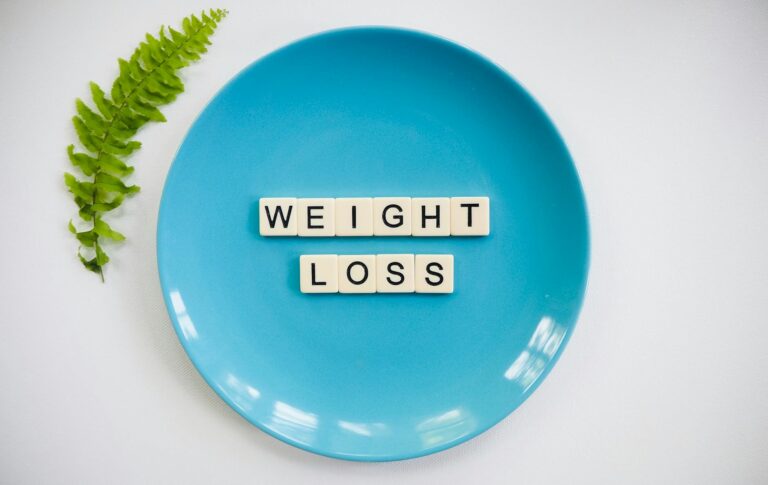As we age, our bodies undergo various changes, including our sleep patterns and bladder control. For individuals with Alzheimer’s disease, these changes can be even more pronounced, leading to disruptions in their daily routine and quality of life.
One particular issue that many caregivers of Alzheimer’s patients face is the frequent need to use the bathroom during the night. This can not only be disruptive for the patient but also for their caregivers who may have to wake up multiple times to assist them. While there can be various factors contributing to this, one simple solution that has been found to be effective is limiting fluid intake before bedtime.
Why does fluid intake affect bathroom trips?
To understand how limiting fluid intake before bed can reduce bathroom trips, it’s important to first understand how our body regulates fluid balance. Our kidneys play a crucial role in filtering waste and excess fluids from our body, producing urine that is then collected in the bladder until we urinate it out.
The production of urine is controlled by a hormone called antidiuretic hormone (ADH), which signals to the kidneys to produce less urine when our body is well-hydrated. As the day goes on, our body naturally produces less ADH, leading to an increase in urine production. This is why we tend to urinate more frequently in the evening and at night.
In individuals with Alzheimer’s disease, this natural process can be disrupted due to changes in the brain that affect their hormone regulation and bladder control. This can lead to increased urine production, causing them to wake up multiple times during the night to use the bathroom.
How limiting fluid intake helps
By limiting fluid intake before bedtime, you are essentially reducing the amount of urine produced by the body during the night. This means fewer bathroom trips and potentially better sleep for both the patient and their caregiver.
It’s important to note that this does not mean completely depriving the individual of fluids. Adequate hydration is essential for overall health and well-being, especially for seniors. It’s recommended to have a balanced fluid intake throughout the day and to limit fluids in the evening, at least 2-3 hours before bedtime.
Tips for managing fluid intake
Here are some practical tips to help manage fluid intake for individuals with Alzheimer’s disease:
1. Keep track of fluid intake: Tracking the amount of fluids consumed throughout the day can help identify patterns and determine if there is a need to limit fluids in the evening.
2. Offer frequent sips throughout the day: Instead of having large amounts of fluids at once, offer small sips of water or other liquids throughout the day to maintain hydration without overwhelming the bladder.
3. Avoid caffeine and alcohol: These beverages act as diuretics, meaning they increase urine production, so it’s best to limit or avoid them in the evening.
4. Monitor medications: Some medications can also contribute to increased urine production, so it’s important to discuss this with a doctor and adjust dosages if necessary.
5. Encourage regular bathroom breaks: Remind and assist the individual to use the bathroom regularly throughout the day, especially before bedtime, to empty their bladder.
6. Offer hydrating snacks: Fruits and vegetables with high water content like watermelon, cucumber, and celery can provide hydration without adding to liquid intake.
In conclusion, limiting fluid intake before bedtime can be an effective way to reduce bathroom trips for individuals with Alzheimer’s disease. It’s important to consult with a doctor before making any changes to an individual’s fluid intake, as it can vary depending on their overall health and medical conditions. By implementing simple strategies and maintaining a balanced fluid intake throughout the day, you can help improve sleep quality and overall well-being for both the patient and their caregivers.





